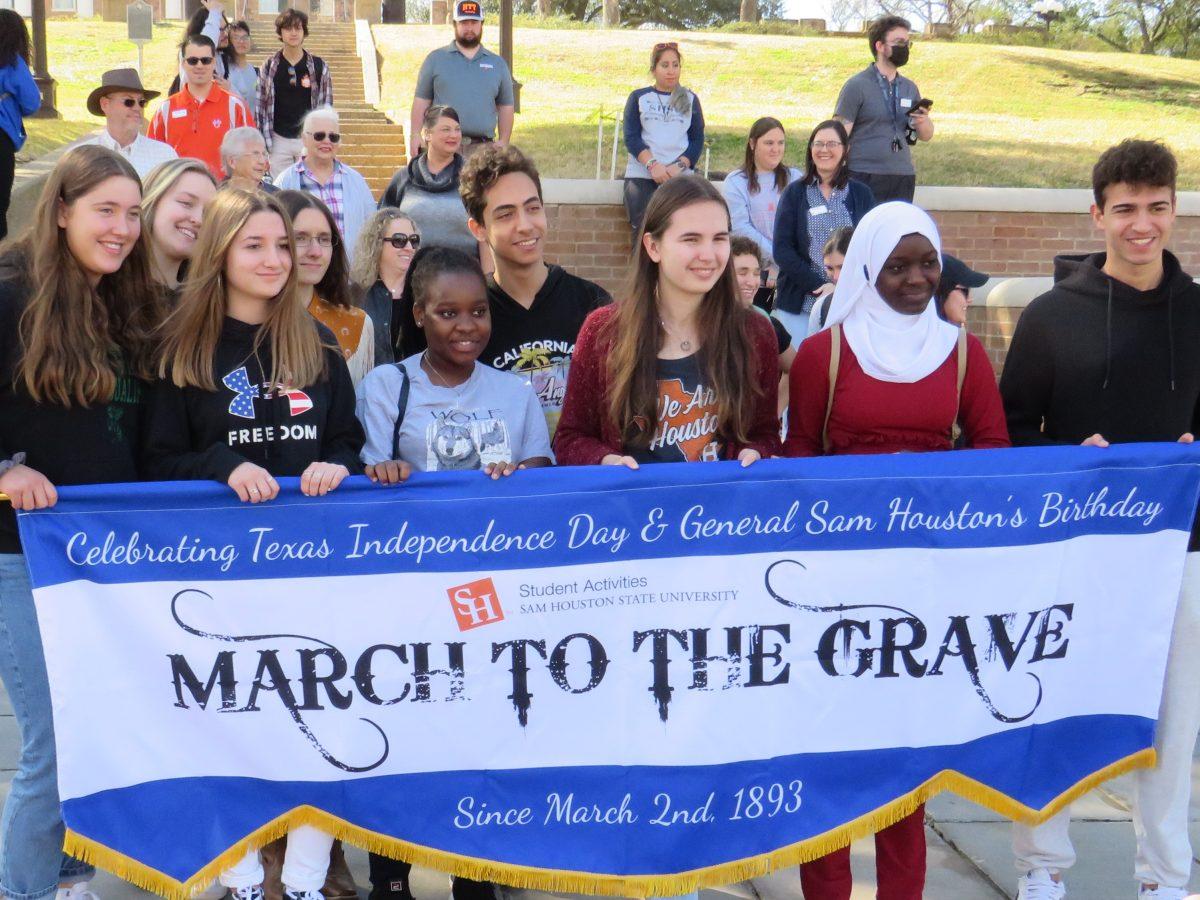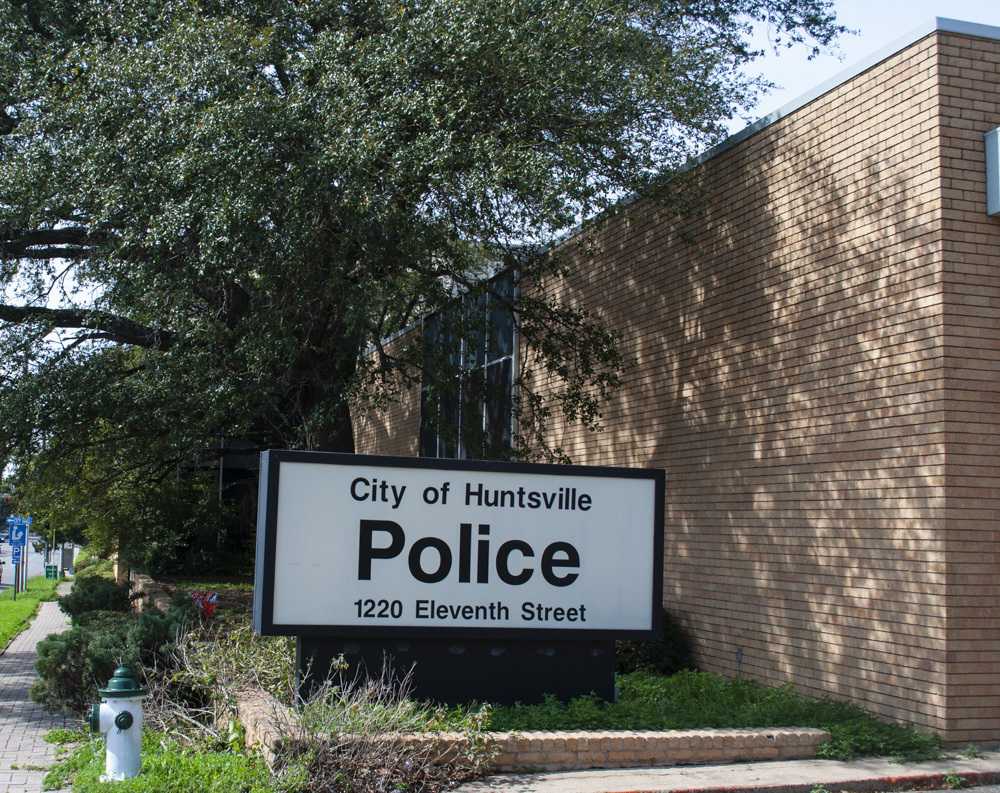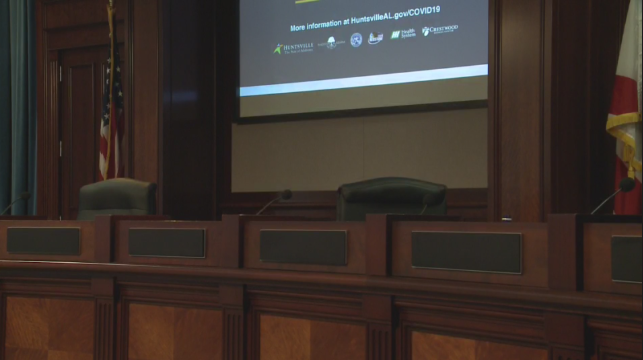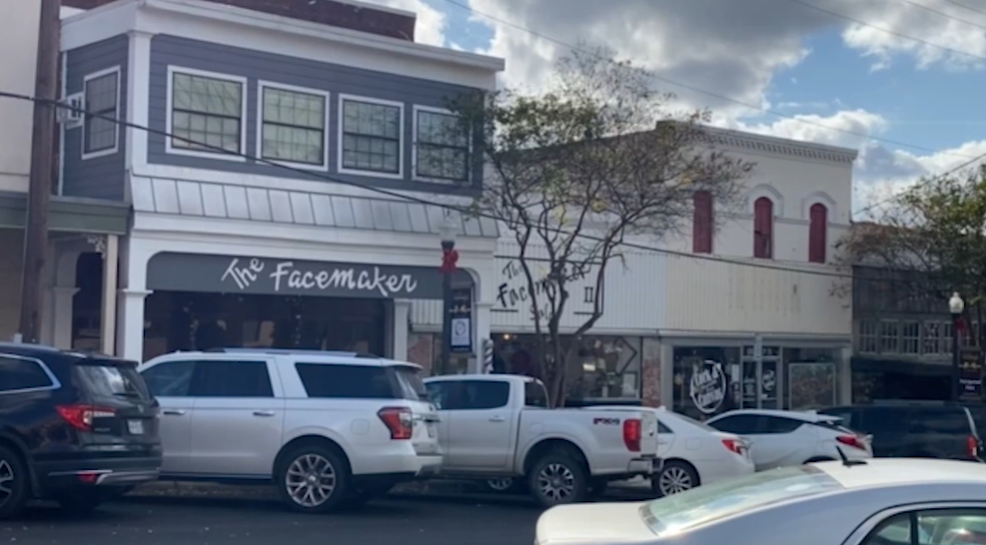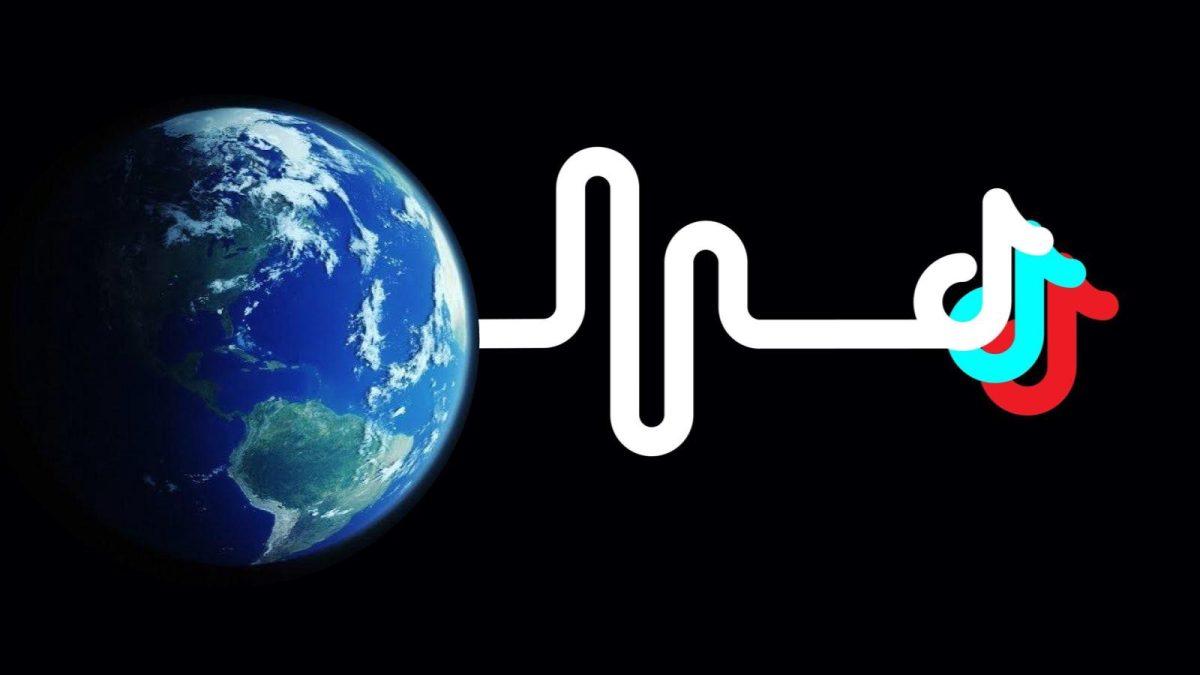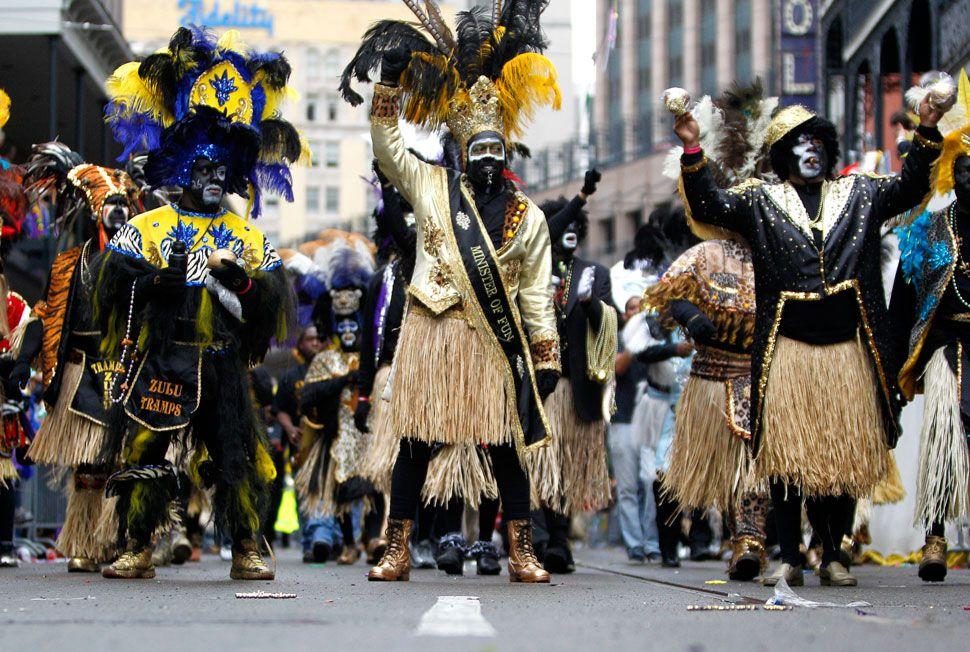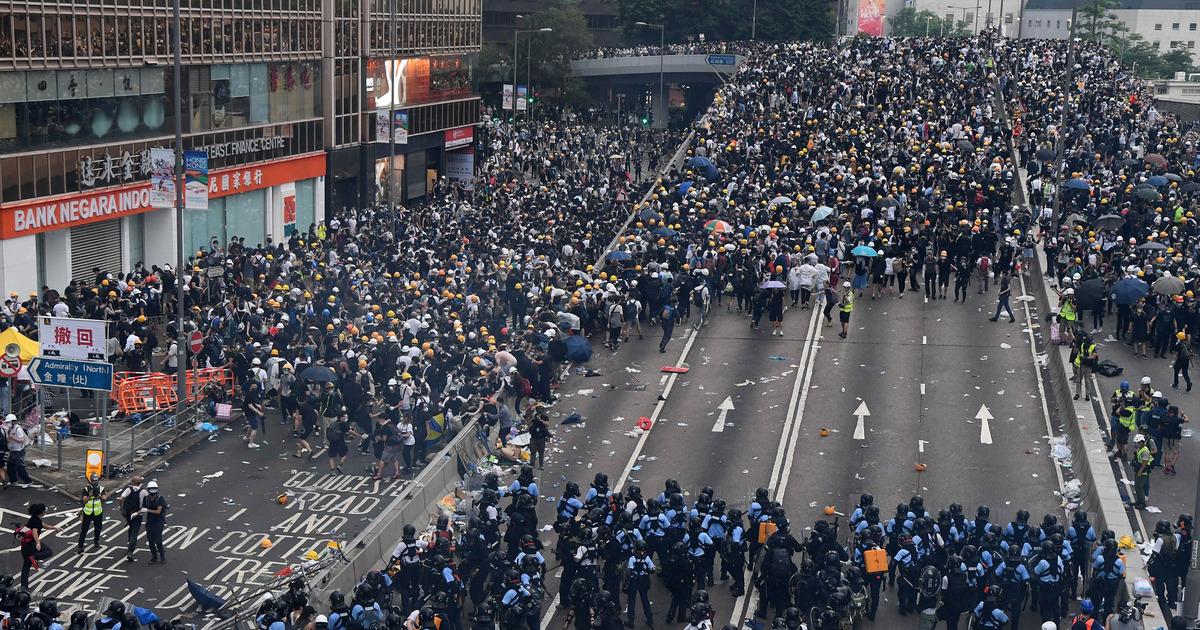In honor of Black History Month, Sam Houston State University will host the Africa World Documentary Film Festival (AWDFF) Feb. 15 at 5:30 p.m. in the LSC Theater and Feb. 16 at noon in the Dan Rather Building room 125.
The AWDFF is dedicated to promoting the knowledge of Africa and its diverse inhabitants as well as encouraging SHSU community involvement in the film industry. The festival occurs at seven to 10 venues around the world annually. The AWDFF is directed by ‘Niyi Coker, Jr., Ph.D., an E. Desmond Lee Endowed professor at the University of Missouri-St. Louis.
SHSU began the tradition in 2016. Dr. Jean-Richard Bodon, Ph.D., a Dan Rather Endowed professor and Department Chair of Mass Communication at SHSU, has known the director of the AWDFF for nearly two decades, and he saw it as an opportunity to enrich the university community. According to Bodon, the festival encourages students to get involved in documentary filmmaking.
“Then there is the theme of the ‘Africa World’ that disseminates knowledge about African history, [and] culture as it is dispersed all over the universe,” Bodon said.
Coker, and the director of “Desert Wounds” Nili Dotan, will be sharing their experiences in the film industry as well as their inspirations for their films; a Dan Rather Endowment made the project possible.
While providing insight into various cultures, the documentaries also provide insight into the living situations in Africa, and how individuals’ hope and resilience propelled them into new territory and life.
“[AWDFF] affords students the opportunity to travel into other parts of the world and witness cultures and lifestyles from the SHSU classroom without using a passport or paying for travel,” Bodon said. “These documentaries become first-hand material that enhances the knowledge and understanding of our students and communities about the plight, rationale and realities that refugees are faced with.”
One of the most beautiful and powerful aspects of the AWDFF documentaries is the delicate yet impactful technique of portraying the trials and tribulations the refugees of Africa experience. The sobering depictions of the people of Africa’s daily challenges, subtly urges each individual to analyze their own humanity, and critically think about their own privileges. The documentaries “Desert Wounds” and “When Paul came over the Sea” take the audience on a journey of refugees in a foreign land.
The film “Desert Wounds” takes the audience to the countries of Eritrea and Sudan. The documentary shares the story of Christian women from those countries who escaped persecution at the hands of the Muslim communities; they sought asylum in Israel and Uganda. Throughout the course of five years, Dotan documented the women as they attempted to rebuild their lives. The women were under an immense amount of stress due to the daily threat of deportation. Despite the crippling fear, these women fought to make their hopes a reality.
“When Paul came over the Sea” takes the audience on Paul’s journey from Cameroon. Paul traveled across the Sahara and settled in a forest in the Moroccan coast; he patiently waited for the perfect time to cross the Mediterranean. During his time in the forest, he meets director Jakob Preuss who is a filmmaker from Berlin. On a fragile rubber boat, Paul and his companions embark on a 50-hour trip across Spain. Although Paul successfully completed the trip, sadly more than half of his companions died. Paul and Preuss meet again in Southern Spain, where Paul decides to continue pursuing his dream in Germany. After he made that decision, Preuss is faced with a difficult decision—forced to choose between himself and utilizing his resources to help Paul.
The AWDFF’s central themes bring awareness not only to the diversity of Africa, but the refugees and their trials.
Bodon hopes the documentaries communicate that as humans we all want the same things for our families and ourselves in the little time we spend on this earth.
“What makes us human is ultimately how we deal with each other and how we aid others when they are in adversity,” Bodon said. “What is our primary focus? Their culture? The color of their skin? Or their humanity?”
Admission is free, and the festival is open to all. Guests can also look forward to receiving door prizes at the Feb. 15 screening.







